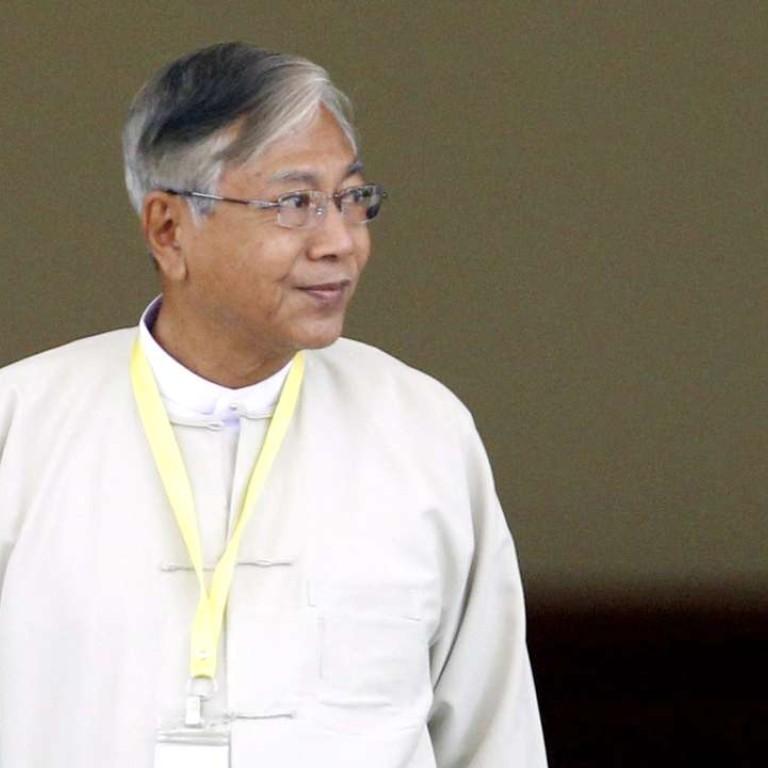
For Myanmar, the real test for the civilian government starts now
Political and economic reforms have to continue, marked by all sides working together and ensuring stability
Myanmar’s transition to civilian rule is a step closer. The joint parliament’s appointment of the National League for Democracy’s Htin Kyaw as president will soon be followed by the announcement of a cabinet and on April 1, the taking office of the new government. Aung San Suu Kyi, the party’s chief, is excluded from the top post by the constitution, but her political dominance assures she will be the country’s de facto leader. The nation has a youthful population, abundant natural resources and is strategically located; wise governance and stability can assure its shift to an economic powerhouse.
READ MORE: Who is Htin Kyaw, Myanmar’s new president?
More than half a century of military misrule held back the nation’s development, leaving a population mired in poverty and with low standards of health care and education. The decision by outgoing president and former general Thein Sein in 2011 to gradually introduce democracy and economic reforms have brought international acceptance and an end to sanctions. The election of Htin Kyaw, a close aide to Suu Kyi, symbolically ends a dark era and begins a fresh one promising brighter prospects.

He is expected to be a proxy for Suu Kyi, who has spearheaded the democratic opposition since 1988 and is by law not allowed to hold the presidency due to having overseas family connections. Her NLD won 80 per cent of the votes in last November’s landmark election, but the constitution guarantees the army 25 per cent of seats and control of defence, internal security, borders and the bureaucracy. For all of Suu Kyi’s popularity and negotiating skills with the generals, Myanmar’s main political power still remains the military.
READ MORE: Myanmar military picks hardliner Myint Swe to work with Suu Kyi’s proxy president
That brings challenges politically, as well as in further opening up the economy, ending ethnic conflicts, and improving relations with neighbouring countries, including China. The latter has to be with mutual respect and benefits, as agreed when Suu Kyi went to Beijing last year. Political reforms have to continue, marked by all sides working together and ensuring stability.

